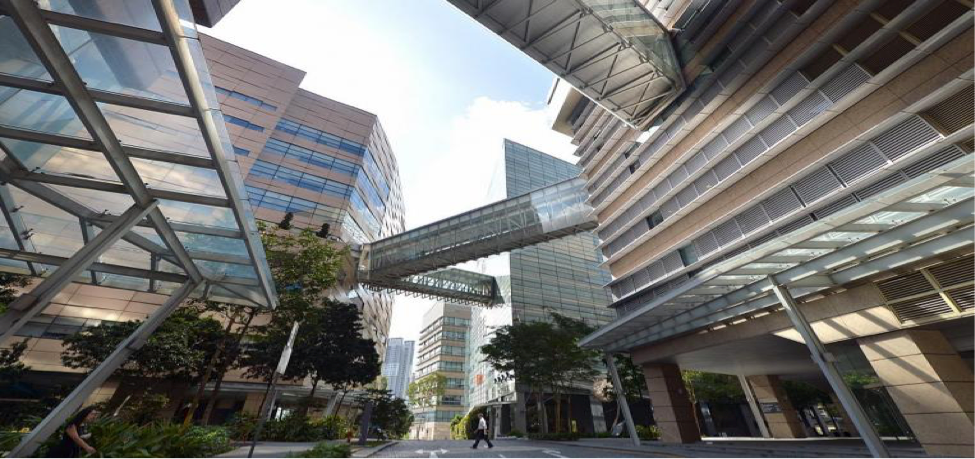The suggestion was put forth when the panel convened at the ‘Catalyzing Partnerships in Research Excellence and Internationalisation of Education towards Food Security in the Asian and African Regions’ forum at the International Rice Research Institute (IRRI).
The panel comprised of Prof. Fumio Isoda (Director, Asian Satellite Campuses Institute, Nagoya University Isoda), Dr. Fernando Sanchez Jr. (Chancellor of the University of the Philippines in Los Baños (UPLB)), and Dr. Abdelbagi Ismail (IRRI Regional Representative to Africa).
They urged regulatory and policy decision-makers to ‘turn to universities and research institutions as platforms for research collaboration and education’, according to the Philippines News Agency.
“In the Philippines, we have all the laws that have been institutionalized but somewhere down the line, we are not following. We have to educate our politicians more because we have a lot of resources and still, we have a problem on food security,” said Dr Sanchez.
Dr Sanchez also said that ‘capacity-building and knowledge generation’ were good ways to handle food security and production issues, and suggested that scientists be consulted by policy makers on their knowledge regarding food security and other related problems, as they are more ‘well-informed’.
He also voiced the issue of scientific research not being fully accepted or utilised by the farmers, hampering implementation.
“Public service is clamped in any UP system, tasked to download the results of all its projects especially on research funded by the national government,” said Dr Sanchez.
“But, somewhere down the line, I believe we have the challenging situation where farmers [in Philippines] just don’t adopt the research done by UPLB scientists.”
This could be one of the avenues to be addressed by governmental regulatory bodies, as incorporating the research into policies would make implementation much faster and more efficient.
From a global perspective
Dr Ismail pointed out that from the perspective of developing countries, the urgency to incorporate scientific research findings into handling food security issues was high.
“Increasing population growth, decreasing resources, calls for better nutrition and pressing threats of climate change continuously call for the agriculture sector to accelerate production,” he said.
He identified research collaborations, knowledge-sharing and technological expertise as areas that developing countries need the most assistance with.
Prod Isoda suggested that the government could come in to ensure that supported peer research and collaborations are made more applicable to farmers, and that technology transfer was also made more available to the farms.
Government collaboration
Although not specifically collaborating on a policy, later the same month, the Philippines took a step in the right direction with IRRI’s Director General Matthew Morell and the Department of Agriculture’s Secretary Emmanuel Pinol signing a Memorandum of Understanding (MoU) highlighting collaborations surrounding food security, rice-based R&D and climate change.
“This renewed partnership solidifies IRRI and the DA’s commitment to accelerate the development of research and technologies that will improve the lives of Filipino rice farmers and consumers,” Morell said to World-Grain.
“IRRI will continue to provide research, innovative solutions, technical and policy support for DA programs. We hope to increase our contribution to demand-driven market analysis and policy development, small-scale mechanization, crop insurance, and rice straw management.”




